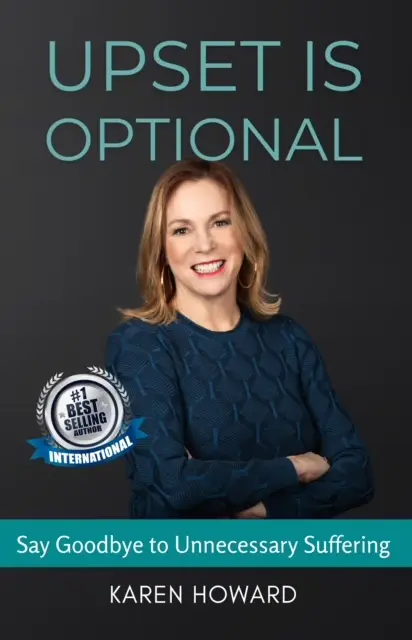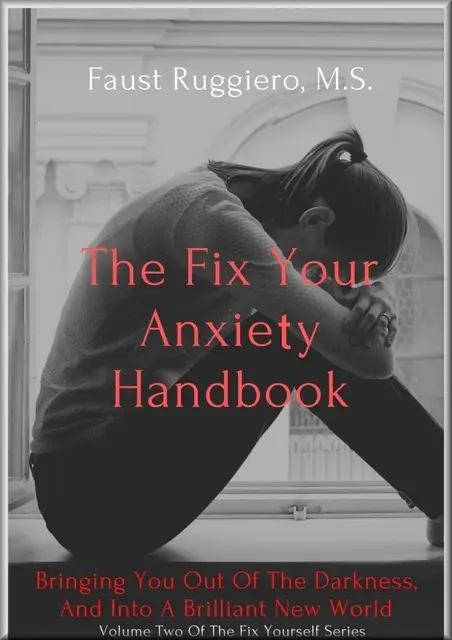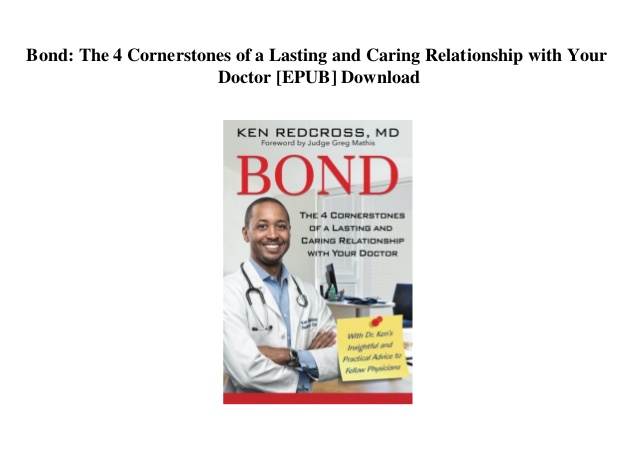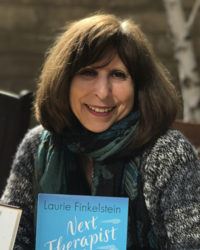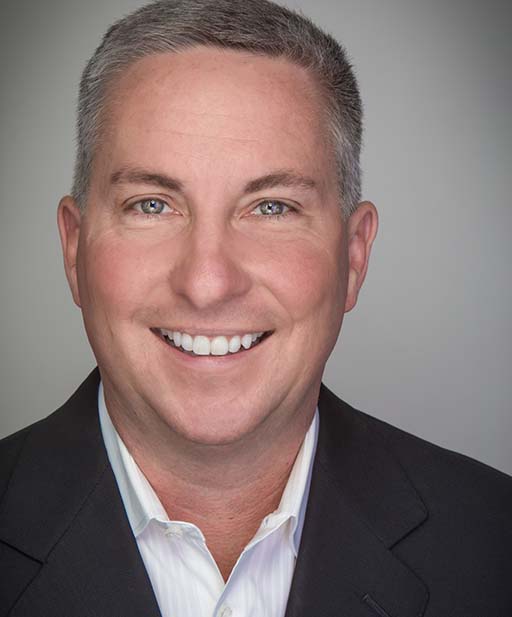Karen Howard, a former Congressional committee staff member with four decades of experience in healthcare policy and author of “Upset is Optional,” is here to share valuable insights from her book on alleviating election anxiety: • Create a Word Wall: Start by listening to your own words. Pay attention to the language you use when …
The What, The Who, The How, and The When By Faust Ruggiero, M.S. The best times are becoming the worst times. We live in a world that has the potential to offer everyone who lives here a safe and decent way of life. The advances in technology have opened the door to quantum leaps forward …
Social Anxiety Disorder Social anxiety disorder (SAD) affects as many as 20 million Americans and is the second most commonly diagnosed anxiety disorder.1,2 A person with SAD feels symptoms of extreme anxiety or fear in certain social situations, such as meeting new people, dating, being on a job interview, answering a question in class, or …
A TOP DOCTOR PROVIDES NATURAL WAYALLEVIATE ANXIETY DURING THE PANDEMIC Author Ken Redcross, MD, Provides Homeopathic & Stress Relief Strategies as Alternatives to Habit-Forming Conventional Medicines As we all deal with the stress of the pandemic, it’s important to realize what it can do to our health and well-being. On May 7th, Ken Redcross, MD, a board-certified …
By Laurie Finklestein, author of Next Therapist Please Depression is never funny, but that doesn’t mean we can’t find humor in it. That’s how I live my life. Managing depression, anxiety, and OCD is daunting. To offset daily assaults, I turn to comedy. It’s a coping mechanism. My novel, Next Therapist Please, resulted from taking …
What Did You Say? Mark Alyn Talks About Hearing Aids From Signia Panic Free Until now, panic attacks have been a problem without a consistently viable solution. The Anxiety and Depression Association of America reports that six million Americans have a panic disorder, but the most commonly used therapy, Cognitive Behavioral Therapy, only stops panic in …
A now famous Harvard study finds our minds negatively wander about 50 percent of the time, and the stress that results from this type of mind wandering can lead to digestive disorders, short-term memory loss, premature coronary heart disease, heart attacks and despair. At the same time, antidepressant usage has skyrocketed and doctors are now …

